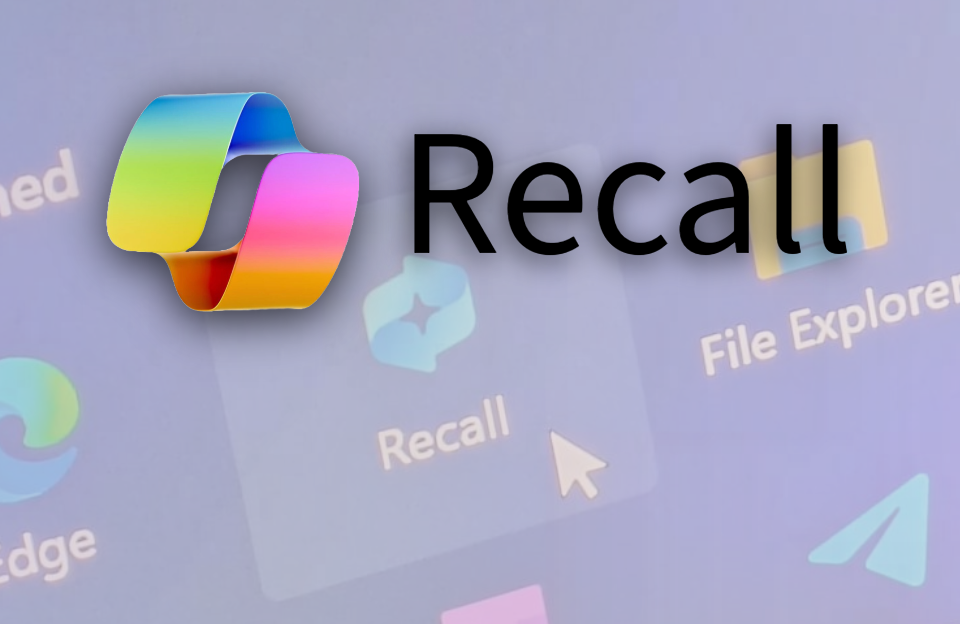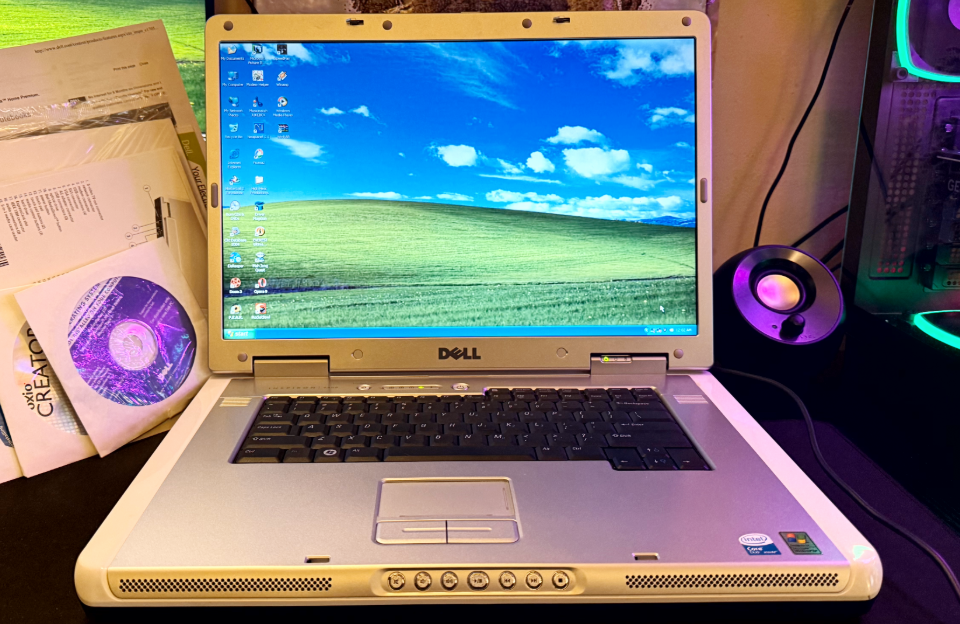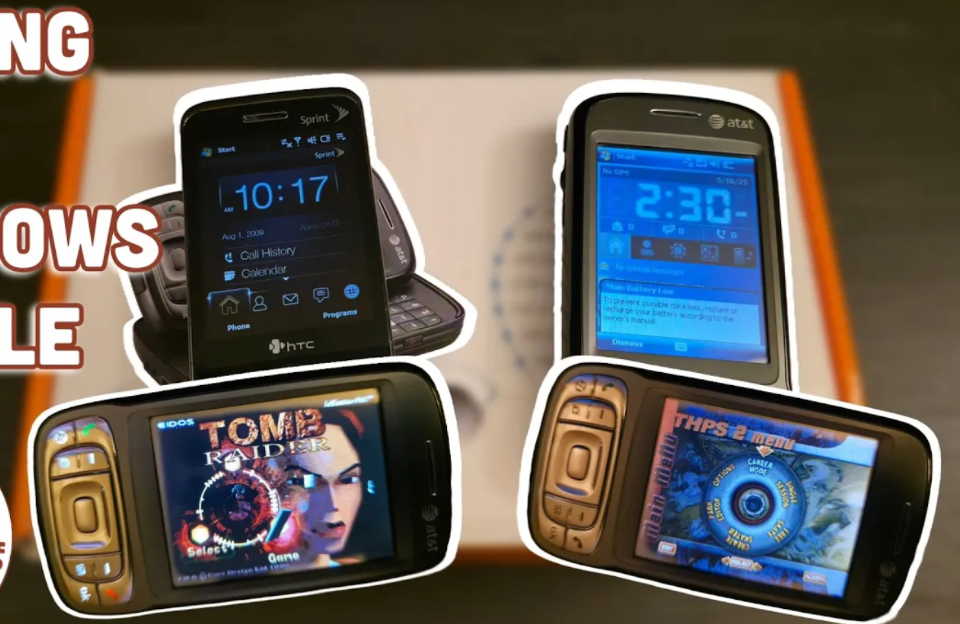AdBock, Signal, & Brave have all blocked Windows Recall
According to The Verge, Windows Recall, Microsoft’s AI history feature in Windows is being blocked by Brave and AdGuard. Signal was the first app to block the controversial feature earlier this year. The feature garnered much criticism from users, application developers, as well as security experts. Originally scheduled to roll out last June, Microsoft delayed Recall due to vulnerabilities found during testing. It was found that Recall was storing data in an SQL Lite database, which can be viewed in plain text by anyone with Administrator level access. Microsoft claimed that Windows Recall could not have data accessed remotely by bad actors. “How do you do you think hackers will exfiltrate this plain text database of everything the user has ever viewed on their PC? Very easily, I have it automated,” said Kevin Beaumont on X. It’s worth noting that Keven Beaumont is a cybersecurity researcher and former senior threat intelligence analyst at Microsoft.
Since delaying the feature to tighten security, Microsoft has made Windows Recall generally available as of May 2025 on Copilot+ PCs. In that same month May 30th 2025 to be precise, AdGuard made a blog post titled, “Microsoft’s Recall feature is still a threat to privacy despite recent tweaks”. The blog post outlined it’s concerns with Windows Recall, calling it an “unmitigated disaster” and “one of its worst PR disasters to date”. Following AdGuard and Signals steps, Brave said, “We will disable it by default for Windows 11+ users, with a toggle to turn it back on for users who really want Recall”.
Some have praised Windows Recall saying Apple has a similar feature called, Time Machine. Time Machine works differently as it is a back up application. It backs up your files so you can go back and access them later. Windows Recall records most if not everything that is displayed on your screen for you to, recall later (pun intended).
“Even with Apple having similar applications, people simply do not trust Microsoft”
Let’s say Apple’s Time Machine and Recall functioned the same. I would bet many users would still criticize Windows Recall. The fact of the matter is that users view Apple and Microsoft a lot differently. Apple has made privacy a large part of its identity. After a very public encryption dispute where the FBI wanted Apple to create and electronically sign new software that would enable the FBI to unlock a work-issued iPhone 5C. The phone had been recovered from one of the shooters in a December 2015 terrorist attack in San Bernadino, California, killing 14 people and injuring 22 others.
While it wasn’t without criticism, Apple would capitalize on this situation reassuring users that their data is safe with them. Even rolling out, “Ask App Not to Track” features for apps such as Facebook whose entire platform relies on user data.
Compare this to Microsoft who have since Windows 10 has become very user driven, an issue that has only gotten worse with Windows 11. Windows 11 collects more user data & telemetry than any other version of Windows before it and even goes as far as requiring a Microsoft account rather than local accounts, which had been a staple of Windows until now. While users have found ways around this, Microsoft has issued a patch for these workarounds with nearly every major Windows 11 update. This and installing bloatware themselves upon installation, showing ads in the Start Menu, the Edge Browsers many data sucking features, it’s no wonder users do not feel comfortable with Windows Recall.
Even with Apple having similar applications, people simply do not trust Microsoft. Add to that, Windows has the largest install base of any operating system available, Recall will be a major target for hackers. Microsoft making bold claims that it can’t be hacked just adds fuel to the flames. If it’s one thing you do not do, it’s challenge hackers. They almost always find a way.
Source: https://www.theverge.com/news/713676/brave-adguard-windows-recall-block-microsoft



